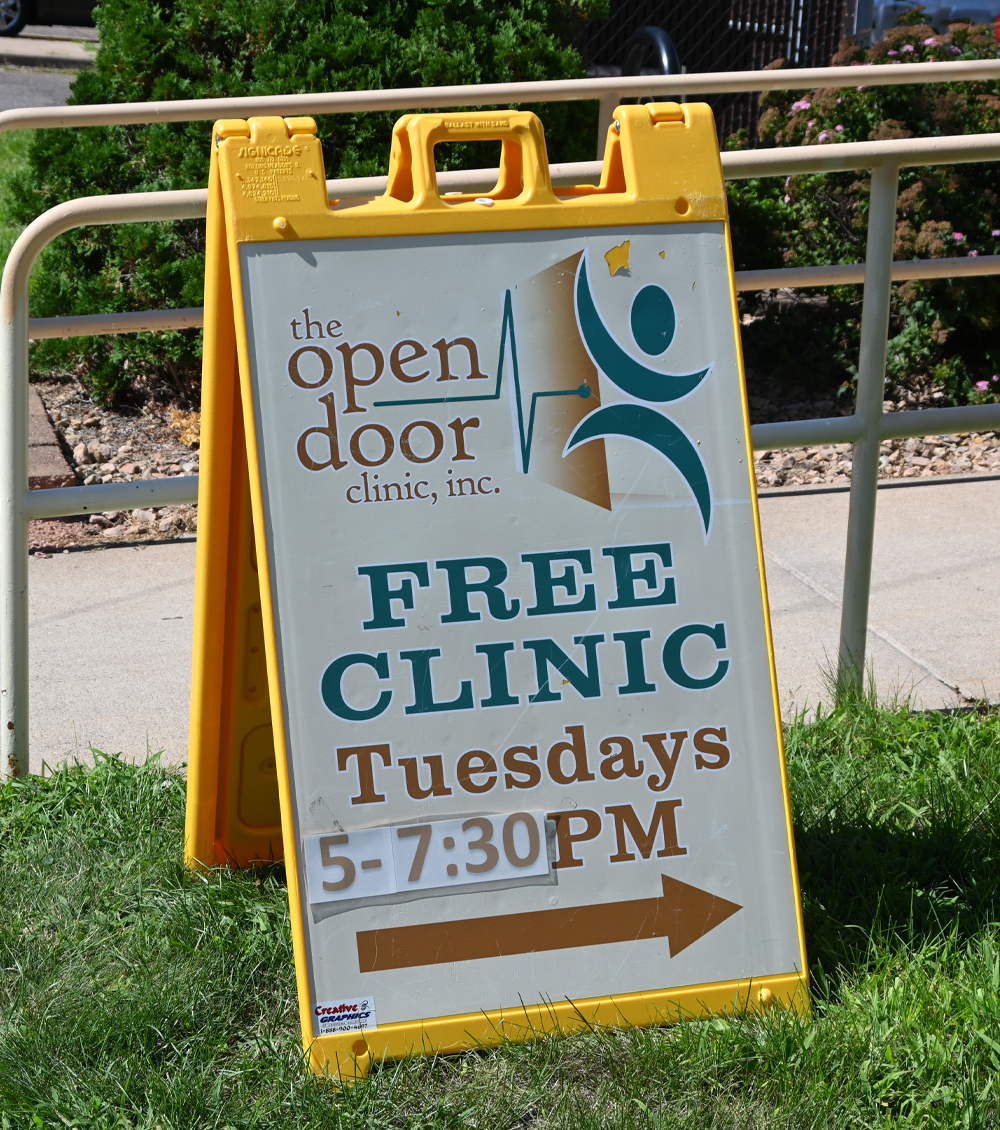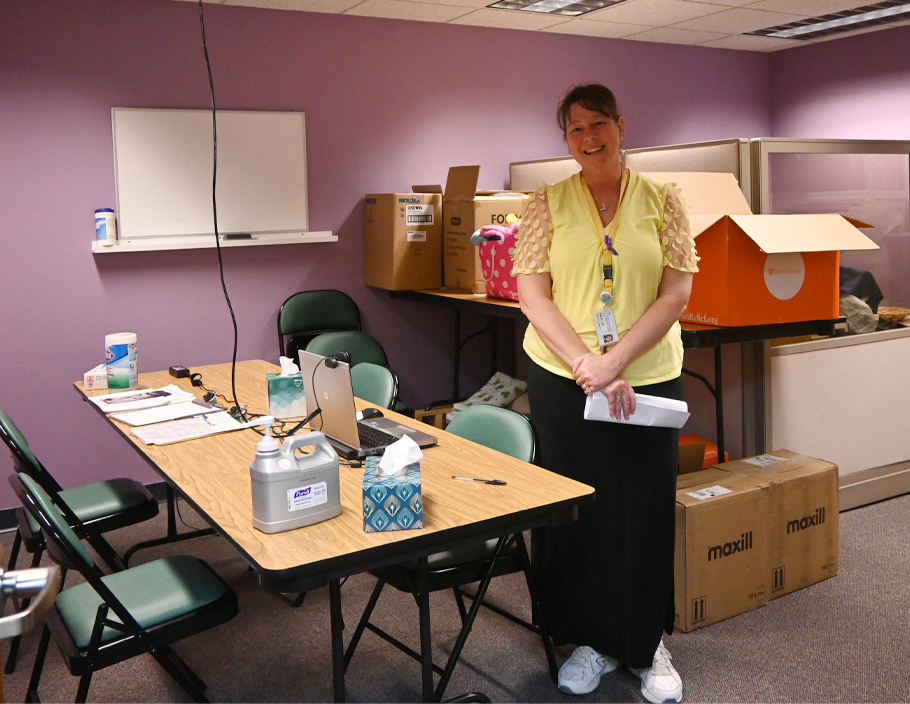Great things happen when physicians take the time to connect and relax together. Once again, the Western Wisconsin Medical Society Annual Corn Roast created a perfect opportunity to do just that. Wisconsin Medical Society President Don Lee, MD, and President-elect Cynthia Hart, MD, along with La Crosse County Medical Society President Michael White, MD, and Wisconsin Medical Society Foundation and Society staff attended to witness the great Western Wisconsin Welcome on Tuesday, August 15 at Carson Park in Eau Claire. It was wonderful to see so many physicians with their families enjoying the perfect summer evening together. The corn, picked just that morning according to Donn Dexter, MD, was just as fresh and sweet as the conversations that spanned care for fellow physicians and ways to get more involved to support neighbors in need.
Attending this informal gathering made it clear that opportunities like these allow physicians to connect, helping to develop relationships to work collectively on the issues facing the profession and make a meaningful difference. For staff it was a great chance to hear directly from physicians about their concerns and the pride they have in their work and their communities, including organizations that are making a difference to improve the lives of their patients outside of the clinic.

Supporting programs that increase health equity and access is central to the Foundation’s work. Through our annual survey, physicians in Western Wisconsin identified several community organizations working towards that mission, including the Open Door Free Clinic. Just before the Corn Roast, Foundation staff were given a tour of the clinic. The Foundation was proud to support this physician-championed program with a community health grant. The clinic is run by volunteers with only one employee who coordinates the program. Located just a few blocks from the river in Chippewa Falls, Open Door Free Clinic provides full-service care to patients between the ages of 18 – 64 who are uninsured or underinsured. Before scheduled clinic hours, a meal is provided for volunteers to thank them for their service and give them the nourishment needed to focus on the care being provided. Community partners volunteer to provide the meal. There is also a food pantry right on campus. Patients are able to speak with a care coordinator who reviews their situation every three months to make referrals to available services and check for eligibility for benefits outside of the clinic. Kim Renaud, RN, MS, Clinic Coordinator, shared how elated patients are when they report food insecurity at intake, and in minutes she’s able to bring them food from the pantry to help with that immediate need.

From the intake, patients go to a waiting area where they can sign up for a free YMCA gym membership, get hygiene and personal care items and find health and community program educational pamphlets. The nurse screening area, lab and exam rooms are all set up to provide maximum dignity and comfort during patients’ visits. There’s even a full formulary where volunteer pharmacists and pharmacy technicians can dispense necessary medication free of charge to patients. In addition, the clinic is able to provide mental health telemedicine and scheduled counseling appointments. “Our patients are really happy. We are their care home,” Renaud reports.
Open Door Free Clinic needs support, though. First and foremost, volunteers! Physicians are needed at all our community Free and Charitable clinics, along with nurses, lab techs, pharmacists and pharmacy technicians. All the equipment in the clinic was also donated. If your clinic is upgrading equipment, please consider donating the equipment that is being replaced to a free clinic. There is always a need for things like blood pressure cuffs and otoscopes. Additionally, it is a great help to the patients to be able to obtain basic hygiene items like deodorant, toothpaste and toothbrushes. Not to be overlooked, financial donations are also essential. Funding in the form of a grant like that from the Foundation, along with donations from individuals, make it possible for the clinic to continue to provide prescriptions that their patients need that are not in their formulary.
Shining a light on the wonderful organizations like Open Door Free Clinic that physicians recognize are increasing health equity and access, the comradery of physicians and traditions like the annual Corn Roast, are all ways to strengthen community and the profession and the staff of the Wisconsin Medical Society and Foundation are grateful for the opportunity to be a part of these important occasions.
If you would like to learn more about Open Door Free Clinic, please visit chippewaopendoor.org. Help us improve health equity and access in your community by donating today to the Foundation.
For questions or to learn more about the Foundation or our programs, please contact Executive Director, Elizabeth Ringle at [email protected]
Back to top